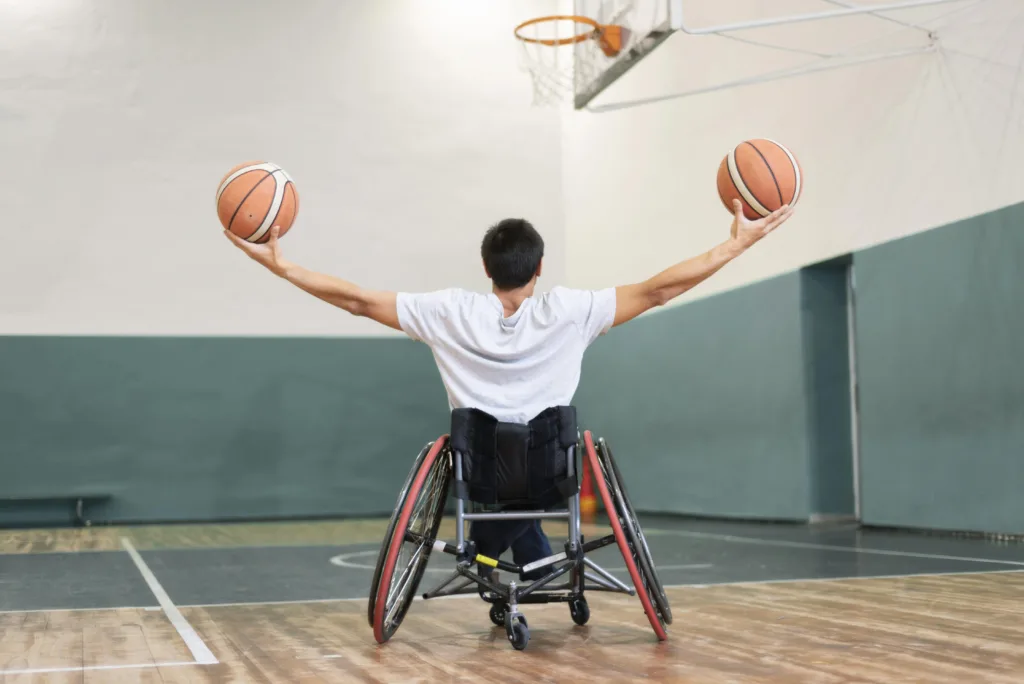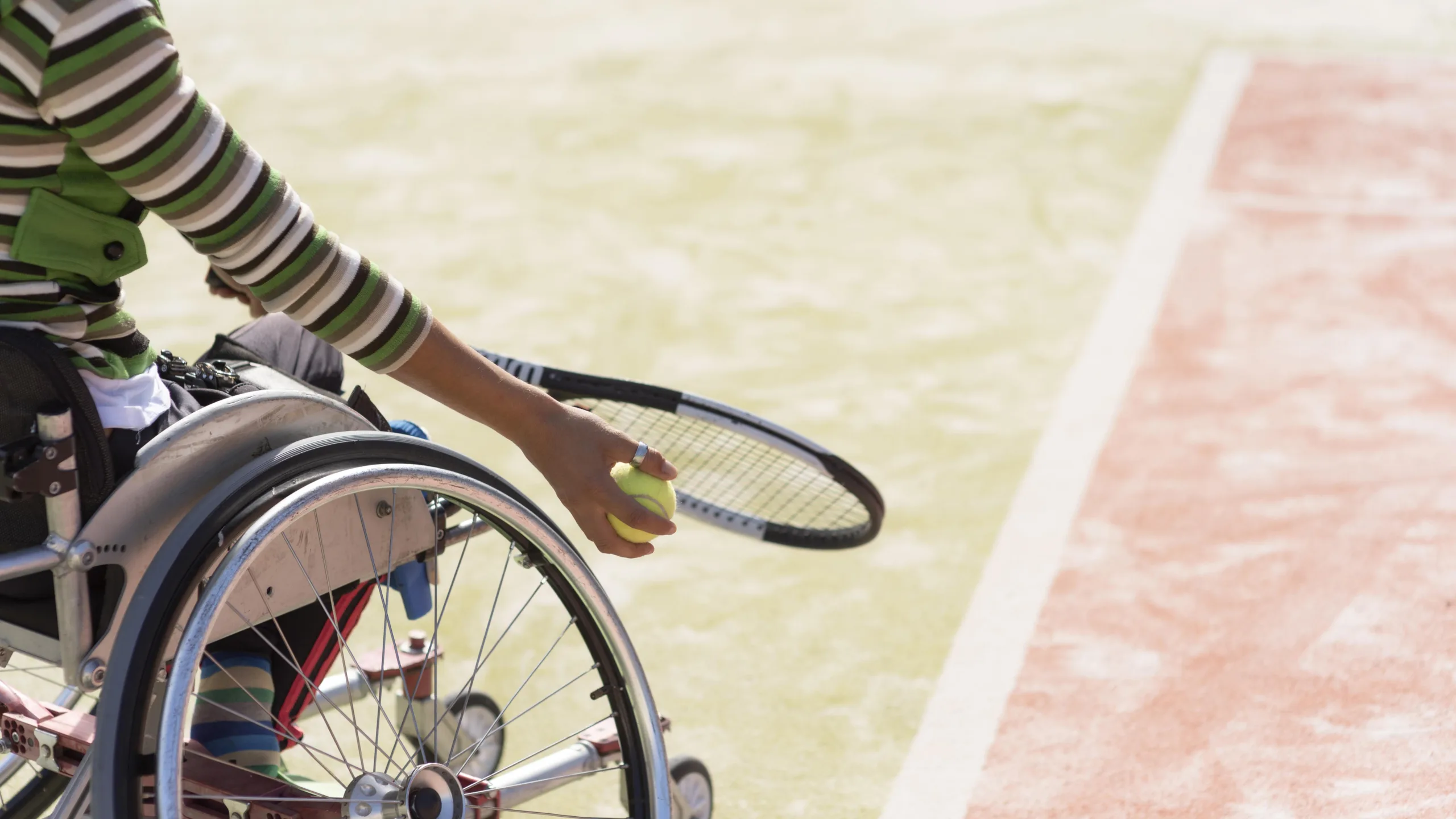Corporate Social Responsibility (CSR) has emerged as a dynamic force driving positive change across various sectors. In the domain of Parasport, CSR initiatives hold immense potential to foster integrity, uphold values, and promote inclusivity within the sports sector. This article delves into the profound impact of CSR initiatives in Parasport, shedding light on how the corporate commitment to social responsibility can contribute to good governance, integrity, and core values.
Promoting Good Governance:
Good governance is crucial for the success of any sporting organization. By embracing CSR practices, corporations can support and promote the principles of good governance within the Parasport sector. Transparency in decision-making, financial accountability, and ethical conduct are fundamental aspects of CSR that align seamlessly with the tenets of good governance. Through their commitment to CSR, corporations can help establish and uphold these principles, fostering a culture of integrity and responsible management within Parasport organizations.
Enhancing Integrity:
Integrity is vital to the credibility and trustworthiness of any sporting endeavor. CSR initiatives provide an opportunity for corporations to strengthen integrity within the Parasport community. By aligning their values and actions with the principles of fair play, sportsmanship, and ethical behavior, companies can inspire and promote a culture of integrity within the sports sector. Through sponsorships, partnerships, and collaborations, CSR-driven organizations can actively contribute to the development of clean and transparent sporting practices, ensuring a level playing field for all athletes.

Fostering Values:
Parasport transcends mere physical activity; it holds the power to inspire, empower, and transform lives. CSR initiatives that prioritize Parasport contribute to fostering core values within society. By supporting athletes with disabilities and promoting inclusivity, CSR-driven organizations become catalysts for change, breaking down barriers and challenging societal norms. They amplify the values of determination, resilience, and perseverance, celebrating the achievements of athletes and inspiring individuals of all abilities to embrace their potential.
Driving Social Impact:
CSR initiatives in Parasport extend beyond the sports arena, making a positive impact on the wider community. By committing to social responsibility, corporations contribute to the sustainability of economic development, improve the lives of employees and their families, and uplift local communities. These initiatives go hand in hand with the mission of Parasport, as they promote social inclusion, equal opportunities, and the well-being of individuals with disabilities. Through collaborative efforts, CSR-driven organizations and Parasport can jointly address social challenges and foster a more inclusive and compassionate society.
Conclusion:
The power of Corporate Social Responsibility in Parasport lies in its ability to shape and transform the sports sector. By embracing CSR practices, corporations become instrumental in promoting good governance, nurturing integrity, and upholding core values within Parasport organizations. They amplify the impact of athletes with disabilities, champion inclusivity, and drive positive social change. As businesses increasingly recognize their social responsibility, the partnership between CSR and Parasport continues to strengthen, opening new avenues for growth, empowerment, and a more equitable future in the world of sports. Let us celebrate the profound influence of CSR in Parasport and the boundless potential it holds for nurturing integrity, upholding values, and fostering inclusivity within the sports sector.
Funded by the European Union. Views and opinions expressed are however those of the author(s) only and do not necessarily reflect those of the European Union or the European Education and Culture Executive Agency (EACEA). Neither the European Union nor EACEA can be held responsible for them.


